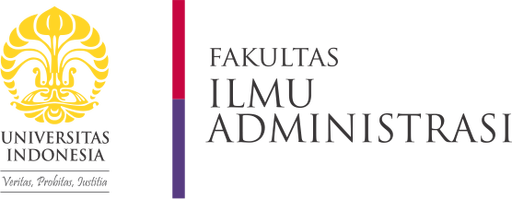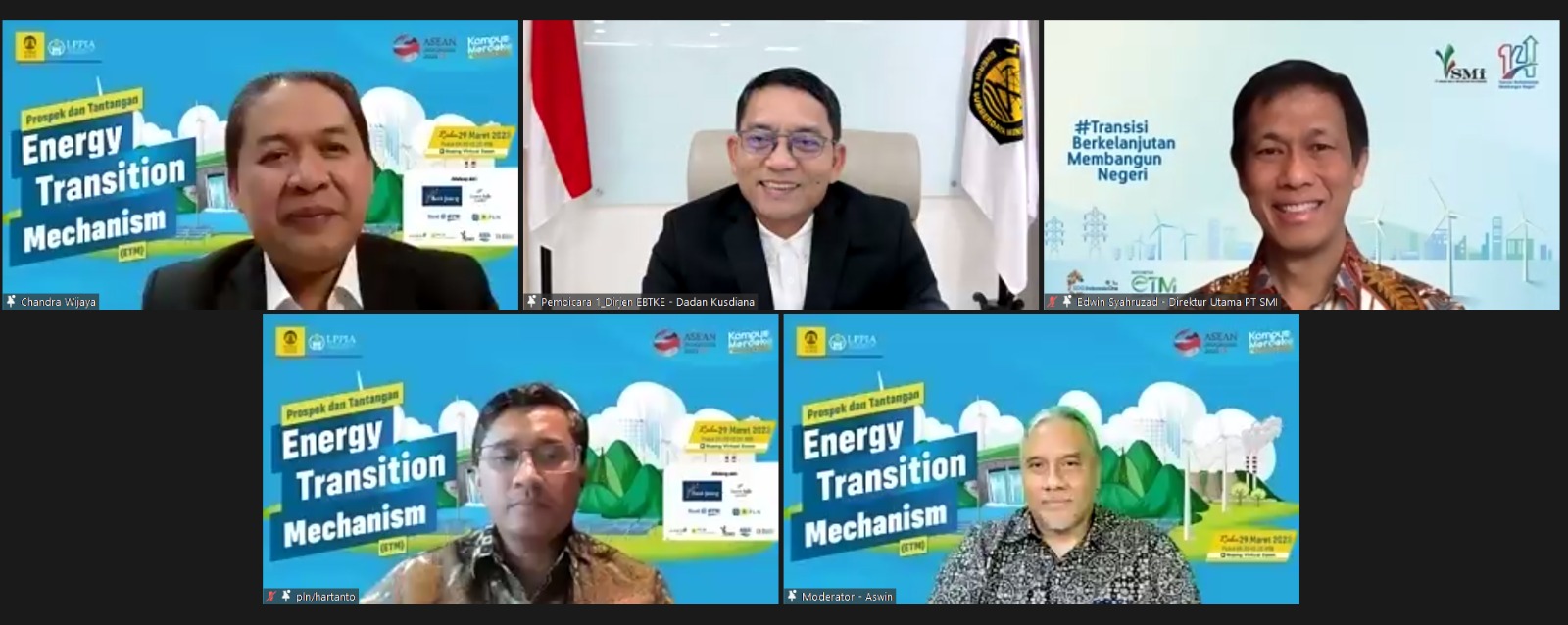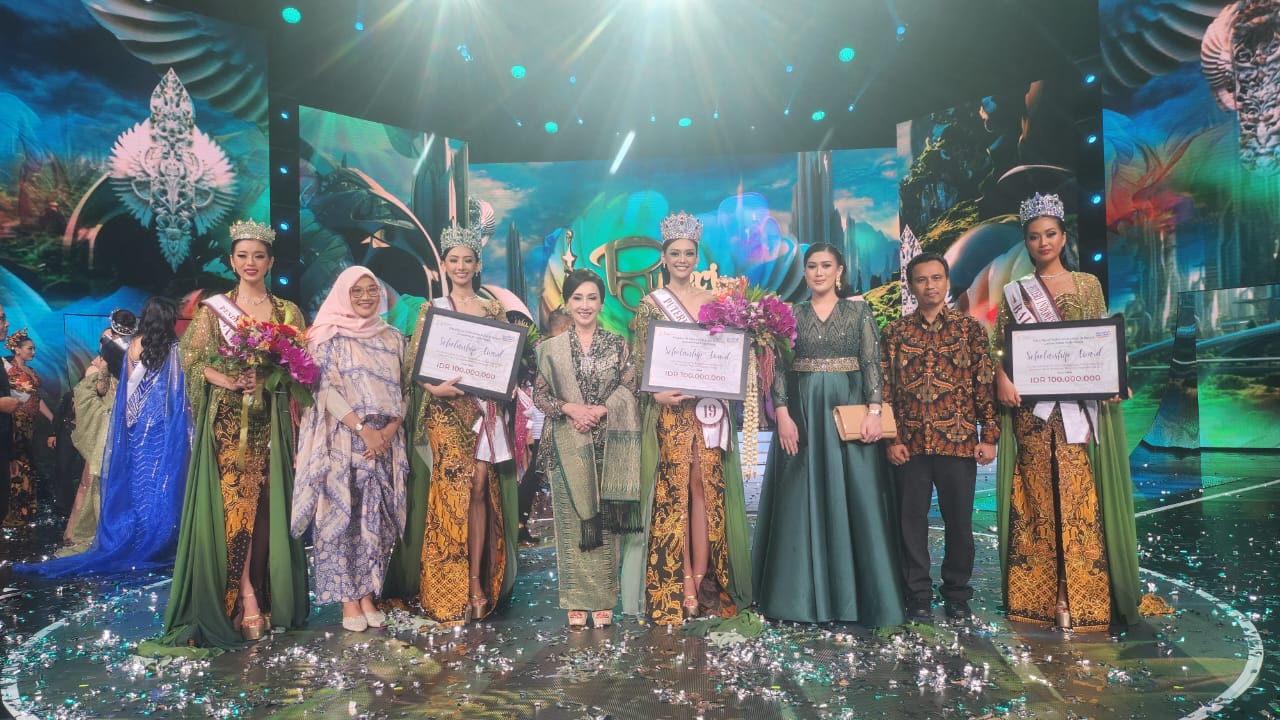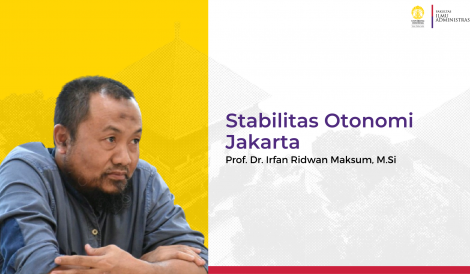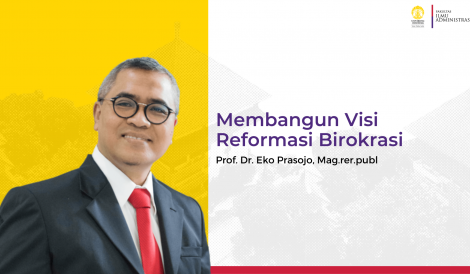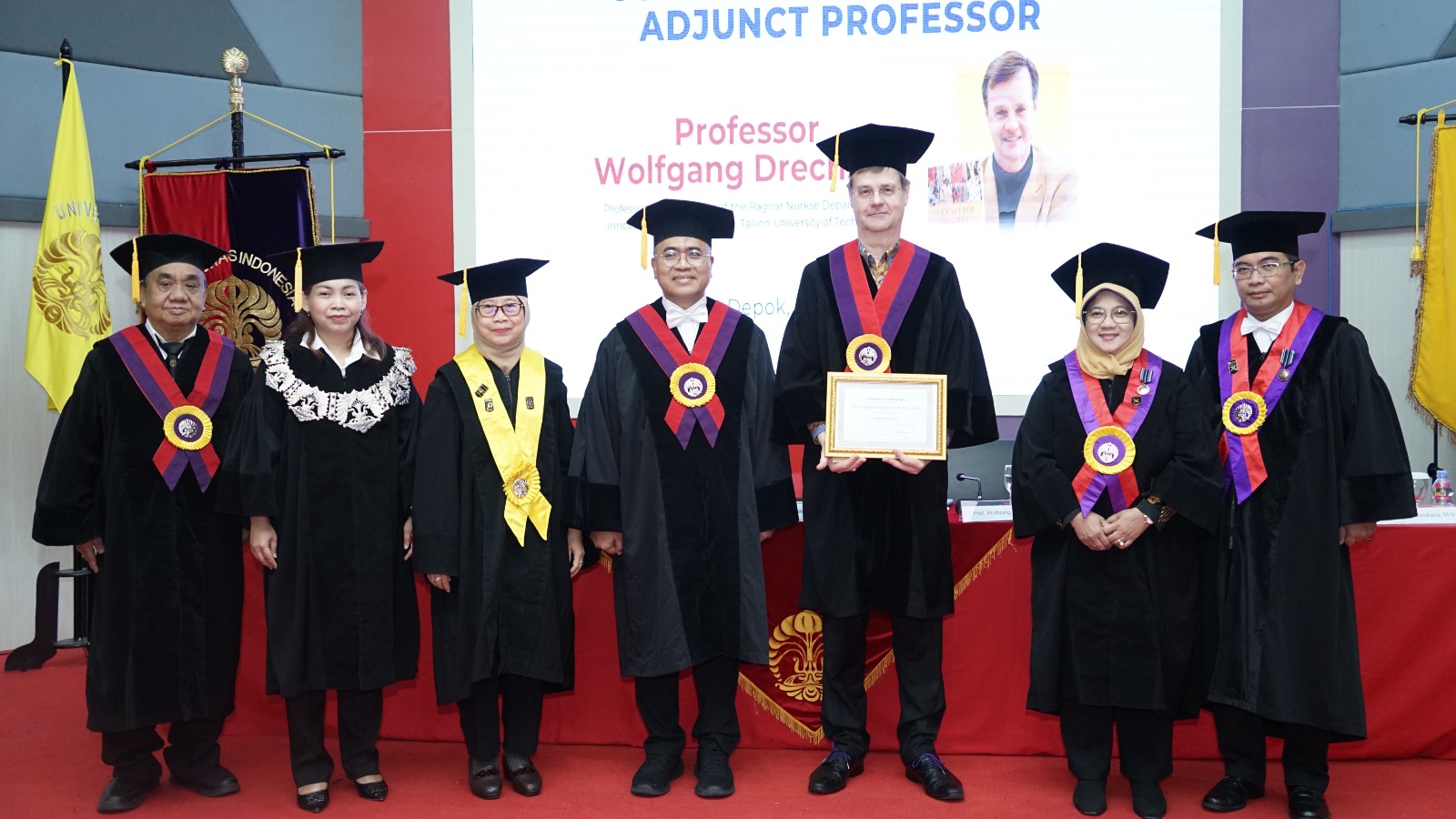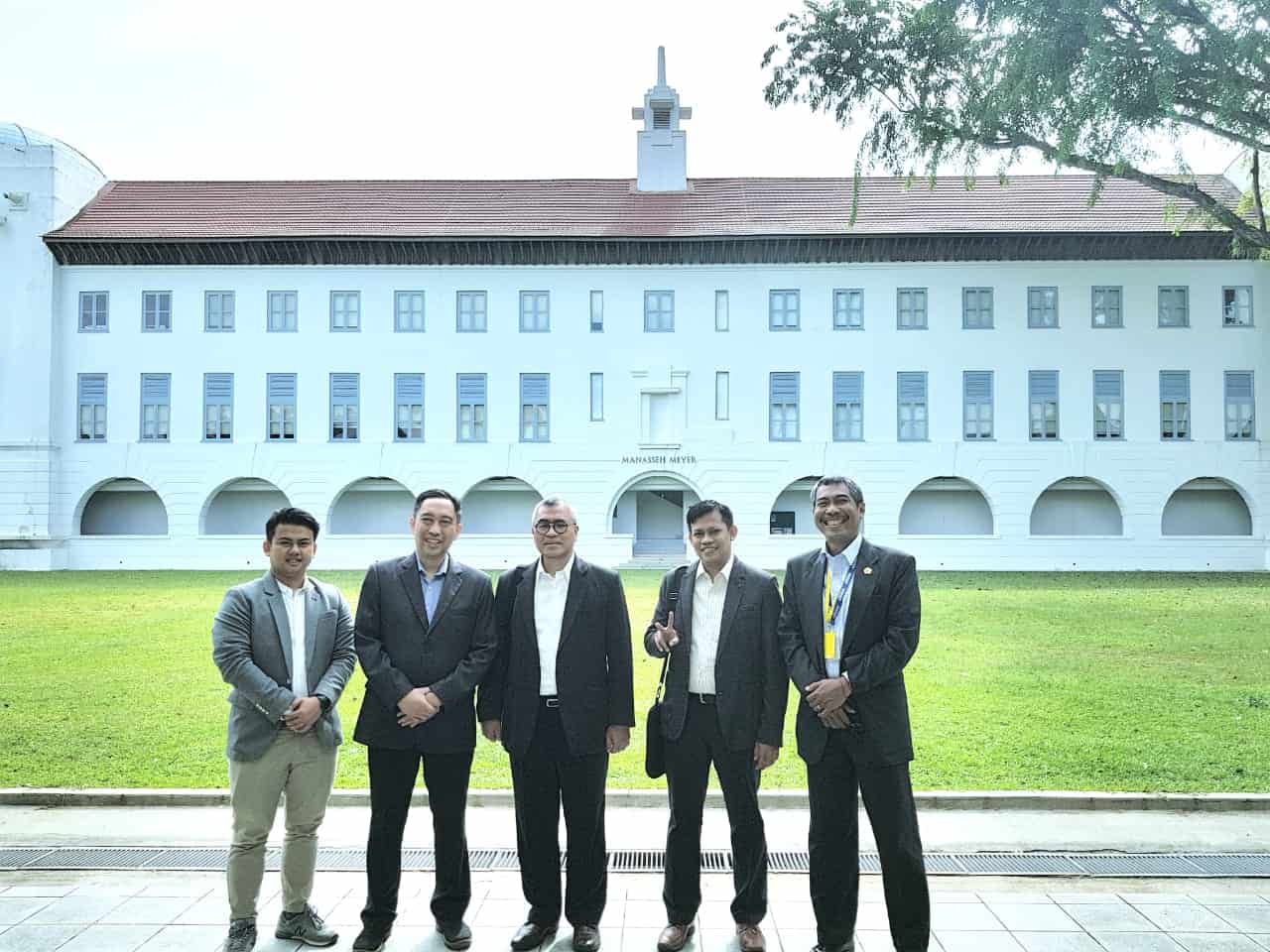The Energy Transition Mechanism (ETM) is a program to increase energy infrastructure development and accelerate the energy transition towards net zero emissions/NZE (Net Zero Emissions) with the principle of being just and affordable in 2060 or accelerated. The Indonesian government has given high priority to the transition to cleaner energy. With this transition, the government can ensure that the country can continue to progress and grow. For that, Indonesia needs more energy and electricity, but at the same time, it has to reduce emissions. This was disclosed by Prof. Dr. Chandra Wijaya, M.Si, MM. as Dean of the Faculty of Administrative Sciences, University of Indonesia.
“UI’s Faculty of Administrative Sciences also has a vital role in succeeding in this critical policy. FIA UI has three interrelated disciplines: state administration (public), commercial administration (business), and fiscal administration.
Administrative Science can play a significant role in the Energy Transition Mechanism, which aims to move fossil energy to renewable energy sources that are more environmentally friendly,” said Prof. Chandra.
Febrio Nathan Kacaribu, Ph.D. (Head of the Fiscal Policy Agency (BKF) Ministry of Finance) stated that to realize ETM in Indonesia, one of the most important things is that there is a clear need to produce a roadmap proposal for early retirement for coal-fired power plants and before 2030 and after 2030. Availability of this roadmap, said Febrio, will be delivered by the Ministry of Energy and Mineral Resources within a regulatory framework.
“Finally and very importantly, Indonesia’s energy transition must be fair and affordable. Therefore, as an integral part of ETM, the just transition approach is the main step for mitigating risks in the medium term because it is the people who feel the direct and indirect impacts,” said Febrio.
Furthermore, Dr. Darmawan Prasodjo, MSc. is the Main Director of PT. PLN (Persero) said that Indonesia is committed to supporting the energy transition towards NZE 2060 to reduce greenhouse gas emissions by 31.89% compared to business as usual in 2030 with its efforts and 43.2% with international assistance. To achieve Net Zero Emissions by 2060 or sooner, PLN will expand its power system capacity to support Indonesia’s economic growth and electricity demand PLN will focus on broadening electricity capacity with clean technologies.
“To realize the NZE, we have a mission, namely GREEN, namely to bring Indonesia the transition to large-scale renewable energy quickly and efficiently; LEAN is to be a lean, reliable electricity service provider for households, businesses and industries at the lowest cost; INNOVATIVE namely driving growth through innovative business models; and CUSTOMER FOCUSED, namely satisfying consumers with world-class service,” said Dr. Darmawan.
Edwin Syahruzad, the Main Director of PT SMI, explained the ETM platform, a funding mechanism to encourage early retirement from PLTU and replace it with renewable energy. Purpose of the ETM Country Platform Early decommissioning; and contribution to the achievement of the NDC/NZE.
“Several steps to overcome the high growth in demand for electricity
and ensure a sustainable electricity supply by developing
baseload generating capacity; developing large-scale transmission lines for
evacuate green energy; include Intermittent Renewable Energy; speed up
energy transition through coal early retirement” said Edwin.
Not only that, Dr. Dadan Kusdiana, as the Director General of New, Renewable Energy and Energy Conservation at the Ministry of Energy and Mineral Resources, said that in the last decade, capacity additions
PLT EBT globally is increasingly dominant than the addition of fossil generators. The strategy for achieving NZE for NRE development is Electrification (EV, induction cooker, agricultural electrification, etc.); PLTU moratorium and early retirement of existing PLTU; CCS/CCUS
New energy sources (hydrogen and ammonia); and application of energy efficiency.
“The ETM Just Energy Transition Partnership (JETP) Support Program includes a carbon tax levied on carbon emissions that harm the environment. The carbon tax rate is set at a minimum of IDR 30.00 per kg CO2e; subject to the carbon tax, namely individuals or entities that buy carbon-containing goods and carry out activities that generate carbon emissions; and the government also encourages the implementation of carbon trading.
This was disclosed in the Energy Transition Mechanism (ETM) Prospects and Challenges Webinar organized by the Institute for the Assessment and Application of Administrative Sciences, Faculty of Administrative Sciences, University of Indonesia (LPPIA) FIA UI Wednesday 29 March 2023 online via Zoom meeting platform.
Material link : https://bit.ly/MateriWebinarETM29032023
